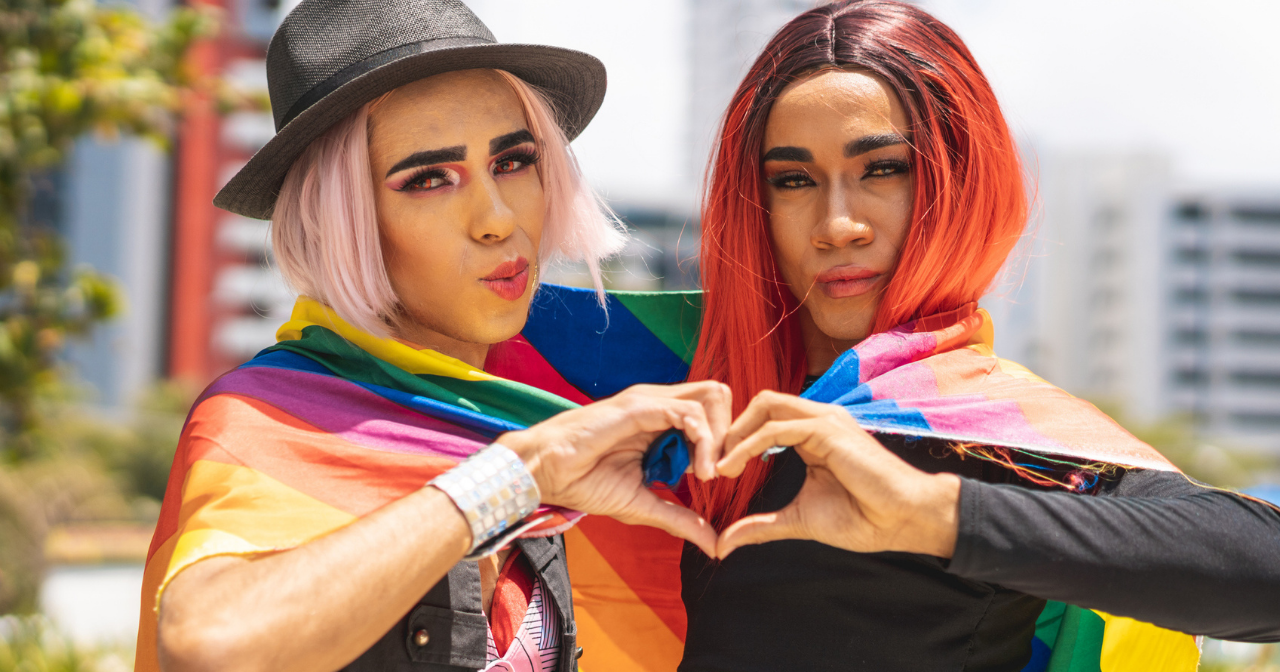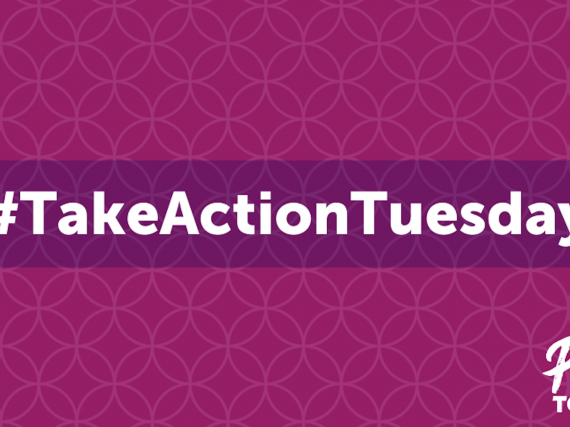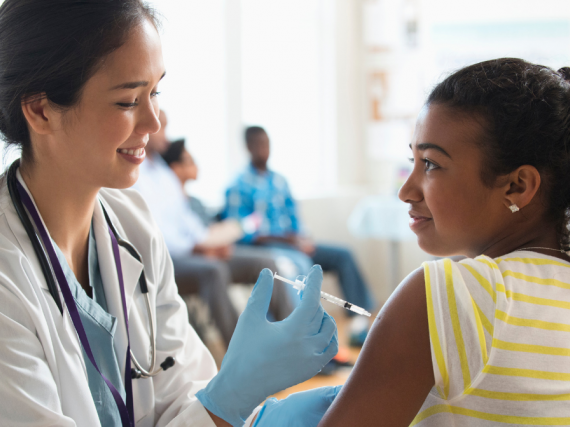Six Organizations and Activists Improving LGBTQ Health
We work to improve the sexual health of everyone—no matter who they are or where they live—every day at Power to Decide. In September, however, we take time to recognize Sexual Health Awareness Month, which aims to spread awareness of sexual health as a topic larger than preventing unplanned pregnancies or STIs to include intimacy, consent, and sexual health’s link to overall well-being.
Individuals across the sexuality and gender spectrum deserve access to sexual and reproductive health care that respects them as people. And while progress in the last decade has opened doors for many, unfortunately, there is still a long way to go before all people’s sexual health is treated with care and understanding.
Here are six organizations and activists who are working to improve the health of LGBTQ people across the country:
GLMA: Health Professionals Advancing LGBTQ Equality
Founded in 1981 as the American Association of Physicians for Human Rights, GLMA is the world’s oldest and largest organization for LGBTQ health care professionals. Though they initially focused on the HIV/AIDS crisis and the perils of coming out, the group is now working to promote research centered around queer people’s health and experiences, cultural competency, and advocacy for health policy that enshrines equity into law.
National LGBTQ Task Force
The National LGBTQ Task Force is working to advance justice and equity for all queer people across many areas, one of which is sexual and reproductive health. The group identifies opportunities in state and federal policy, in communities and faith groups, and through original research to advance their mission. The Task Force’s sexual health initiative, “Queering Reproductive Health, Rights & Justice,” is specifically focused on educating the public on why queer folks need comprehensive sexual health care and the barriers that many face in attempting to access quality care.
Monica Simpson, Executive Director, SisterSong
A North Carolina native, Monica Simpson is the Executive Director of SisterSong, the first reproductive justice organization. As a queer, Black woman, Monica’s lived experience informs her work. In addition to leading SisterSong, she is a singer and spoken word artist, a writer, and a public speaker. Since college, Monica has organized for LGBTQ rights and is still fighting to achieve the safety and freedom that all people deserve.
Fenway Health
In Boston, Fenway Health was established for LGBTQ people and is dedicated to improving the health and lives of the community. Founded in the basement of a church in 1971 and open only once a week, Fenway now serves more than 39,000 patients with a staff of over 750 people in three locations across the city. Fenway now centers its care around queer folks, BIPOC people, and other underserved individuals. In addition to providing the full gamut of care options, the Fenway Institute also conducts research and provides education and training to improve the care of LGBTQ people.
National Coalition for LGBT Health
The National Coalition for LGBT Health is dedicated to improving the health of LGBTQ people through advocacy at the federal and local levels as well as through education and research. To help in its mission to eliminate health disparities and educate around the health status of queer people, the Coalition is currently conducting “State of LGBT Health National Survey™.” This survey aims to flesh out a comprehensive view of the LGBTQ health landscape by talking to both patients and providers to better inform future action by understanding the health care challenges unique to the queer community.
Adrian Shanker
Founder and Executive Director of the Bradbury-Sullivan LGBT Community Center, Adrian Shanker edited Bodies and Barriers: Queer Activists on Health, an anthology of 26 queer activists on the ubiquitous health challenges LGBT people experience throughout their lives. He currently serves on the Presidential Advisory Council on HIV/AIDS in the Biden-Harris Administration and has a long history of supporting and advancing queer health policy, focusing on health equity and barriers to care.



